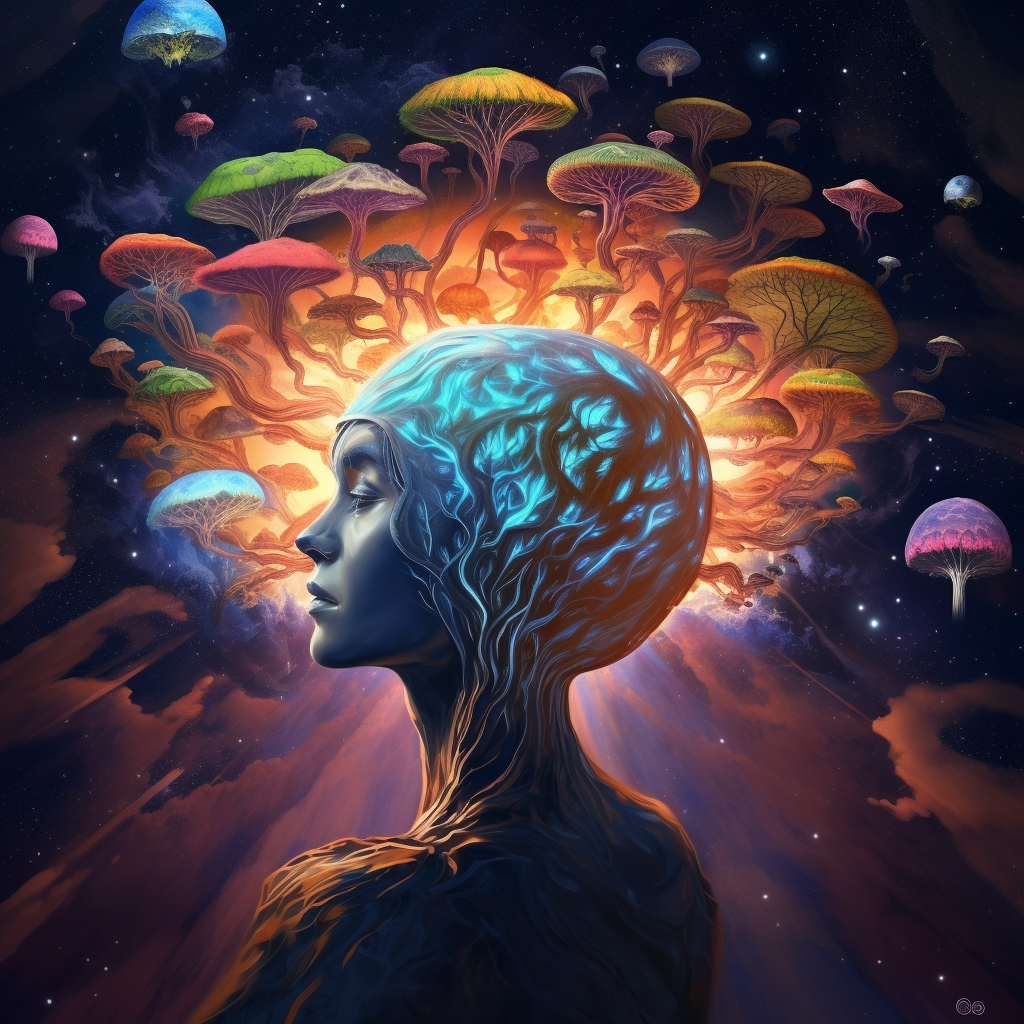
A recent study published in Neuroscience & Behavioral Review delves into the effects of psychedelics on the Default Mode Network (DMN), Theory of Mind (ToM), and social cognition, and the interplay between these brain regions.
The DMN, a network of interacting brain regions, is linked with self-referential thoughts and mind wandering. Psychedelics also influence the Theory of Mind, our capacity to comprehend and interpret others' mental states. The study proposes that psychedelics may boost ToM, leading to heightened empathy and understanding of others.
One intriguing discovery in the study is that psychedelics activate specific areas of the DMN, contradicting earlier research.
The study states, “The DMN is particularly active when one engages in introspective activities such as daydreaming, reflecting on the past or future, or considering another person's perspective. Unrestricted daydreaming can often lead to creativity. The default mode network is also active when a person is awake. However, in a resting state, when a person is not involved in any demanding, externally oriented mental task, the mind shifts into ‘default."
Before this study, there was no research examining the overlap and interaction of these two networks, or how these regions interact under the influence of psychedelics.
To unravel the mystery surrounding these networks and the effect of psychedelics on their neural connection, the research team conducted a thorough meta-analysis of 88 studies, involving a total of 2122 participants.
The study revealed that the cingulate cortex, specifically the BA23 and BA31 regions, plays a crucial role in the overlap of these networks and that psychedelics influence how these areas interact. According to the researchers, the impact of psychedelics on the Theory of Mind and social cognition could shed light on the therapeutic potential of these substances and how these networks relate to our sense of self.
The study's most significant finding is that the convergence of social cognition, Theory of Mind, DMN, and psychedelics primarily occurs in two key brain regions: the Anterior Cingulate Cortex (ACC) associated with self-perspective and the Posterior Cingulate Cortex (PCC) linked to autobiographical memory. The activation of these areas during psychedelic experiences and introspective thinking suggests that self-perspective and autobiographical memories are the connecting mechanisms of these neural networks.
These results support the notion that humans have a natural tendency towards social thinking (social cognition) as a default mode. This tendency may be due to the close connection between our self-perception and autobiographical memories.
The researchers note that psychedelics also affect other brain regions not investigated in this study. These areas, which play a role in our self-awareness, decision-making, and planning, may indirectly influence our self-perception and social thinking.
